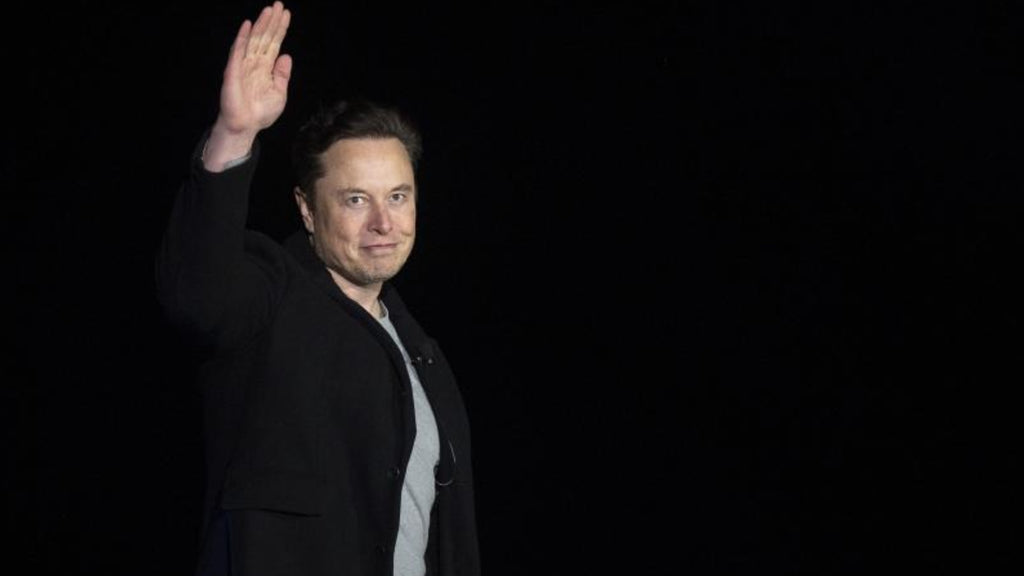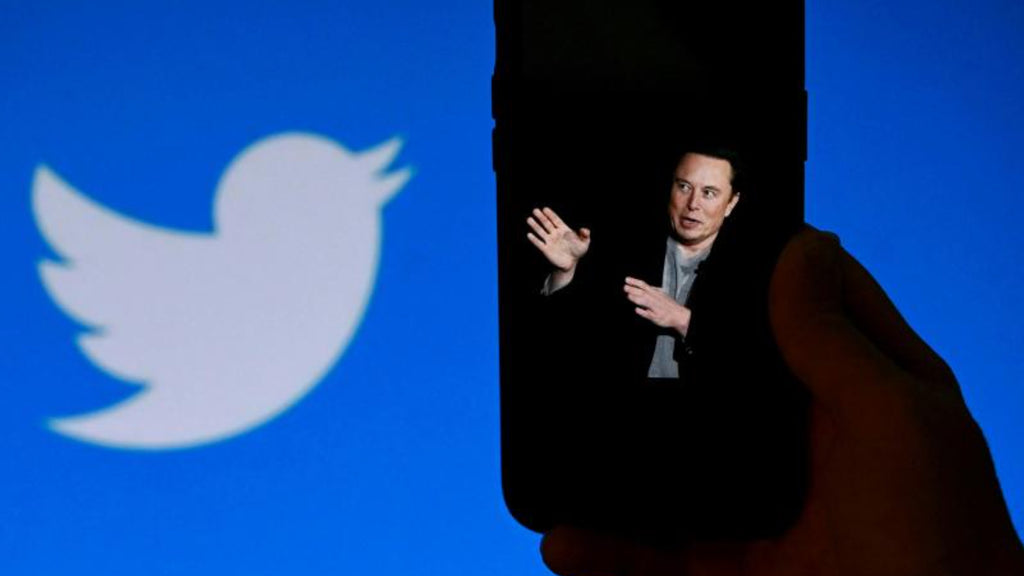Unesco adopts first global text on artificial intelligence
Sylvie Claire / November 26, 2021

Unesco announced Thursday that it has adopted the first global text on the ethics of artificial intelligence (AI) in an attempt to regulate these revolutionary technologies, which pose fundamental risks to societies despite the many advances they allow.
AI technologies can be of great service to humanity and all countries can benefit from them, but they also raise fundamental ethical concerns, emphasizes in its preamble the 28-page recommendation, ratified by the 193 member states of UNESCO. There is a need to ensure transparency and intelligibility of the functioning of algorithms and the data from which they have been trained, because these algorithms can influence human rights and fundamental freedoms, gender equality, democracy, the Paris-based international organization assures. Almost absent at the beginning of the millennium, AI has gradually grafted itself onto our lives: it decides what news we will read on our phone, what movies will be offered to us in streaming, what routes the guidance systems will make us follow but the algorithms that allow it to work have also been misused in recent years, illustrating its dangers. Facebook has thus been at the center of several scandals.
British firm Cambridge Analytica has been accused of misusing the American giant's data to politically influence the referendum that led to the Brexit in the UK, and the election of Donald Trump in the US. More recently, Facebook has been accused of polarizing societies by overexposing extremist or conspiratorial content. The result of work that began in 2018, the Unesco recommendation highlights values - respect, protection and promotion of human rights, diversity and inclusion, promotion of peaceful societies and the environment - that member states commit to. It also lists actions that the signatories will have to carry out, including the implementation of a legislative tool to control and monitor AI, ensure total security for personal and sensitive data or educate the masses about them. Russia, China and Iran, states regularly accused of impeding human rights, are signatories of a text that, Unesco recognizes, is an incentive mechanism without the possibility of sanctions. The United States and Israel, very active in new technologies, are not part of UNESCO.




